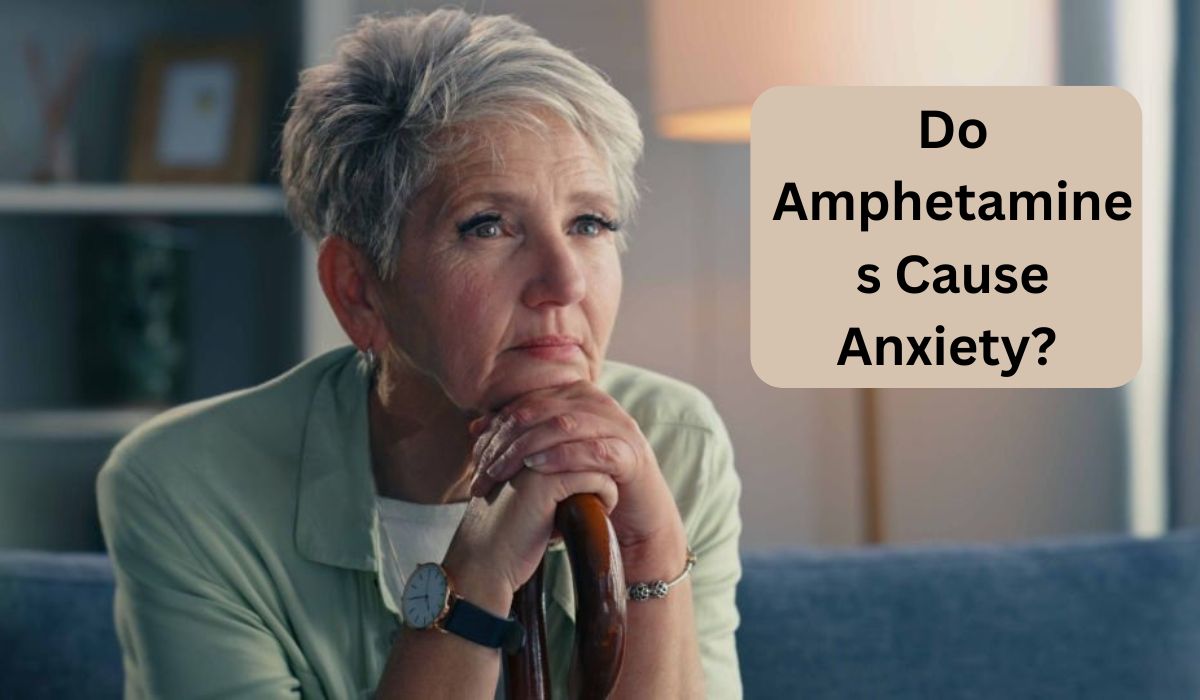Amphetamines are widely used medications for conditions like ADHD (Attention Deficit Hyperactivity Disorder) and narcolepsy. These stimulant drugs help improve focus, alertness, and energy. But while they can be effective for treatment, they can also come with side effects, including anxiety.
Let’s break this down in simple terms so you can understand how amphetamines may affect your mental health.
What Are Amphetamines?
Amphetamines are stimulants. That means they speed up activity in your brain and nervous system. Doctors often prescribe them to people who struggle with staying focused or staying awake during the day.
They work by increasing certain brain chemicals, especially dopamine (linked to pleasure and motivation) and norepinephrine (connected to the stress response). While this chemical boost can help with attention and focus, it can also make your body feel like it’s in “fight-or-flight” mode, which is where anxiety comes in.
Can Amphetamines Cause Anxiety?
Yes, amphetamines can cause anxiety in some people. Here’s how:
1. Stimulant Overload
Too much stimulation in the brain can lead to:
- Restlessness
- Racing thoughts
- Fast heartbeat
- Feeling nervous or “on edge”
If you’ve ever had too much caffeine and felt jittery, amphetamine anxiety can feel similar, but more intense.
2. Chemical Imbalance
Using amphetamines regularly may cause your brain to rely on the drug to feel balanced. When the drug wears off or you stop taking it suddenly, your brain struggles to adjust, which can trigger anxiety, low mood, or even depression.
3. Withdrawal Effects
If someone has been using amphetamines frequently, especially in high doses or without a prescription, they might experience withdrawal symptoms when they stop. These can include:
- Intense anxiety
- Panic attacks
- Sleep problems
- Low energy or motivation
Signs Someone May Be Misusing Amphetamines
Amphetamines are usually taken in pill form. But people who misuse them might snort, smoke, or inject the drug to get a stronger or faster high.
Look out for these signs of misuse:
- Crushed pill residue on surfaces
- Straws, rolled-up paper, or burned spoons
- Frequent nosebleeds (from snorting)
- Needle marks (from injecting)
- Restlessness or repetitive behaviors
- Sudden weight loss or insomnia
- Glass pipes or unusual burnt smells
Physical Symptoms That Can Worsen Anxiety
Some common side effects of amphetamines can feel very similar to anxiety:
- Rapid heartbeat
- Sweating
- Shaking or twitching
- Insomnia
- Teeth grinding or jaw clenching
If someone is already anxious, these symptoms can exacerbate their condition.
Long-Term Effects on Mental Health
Using amphetamines for long periods, especially when misused, can lead to:
- Ongoing anxiety
- Trouble concentrating
- Mood swings
- Paranoia
- Depression
- In rare cases, psychosis
Over time, your brain may become less able to feel pleasure naturally, which can make anxiety and low mood even more intense.
How to Treat Amphetamine-Related Anxiety
The good news is that help is available. Treating amphetamine abuse and anxiety together can improve mental and physical health.
1. Detox (Supervised Withdrawal)
This is the first step—clearing the drug from your system in a safe, medical setting. Doctors may offer medications to reduce discomfort and manage withdrawal symptoms.
2. Rehab Programs
Inpatient or outpatient rehab centers provide structured support. Treatment often includes:
- Individual therapy
- Group counseling
- Education about addiction and mental health
- Lifestyle changes (like diet, exercise, and sleep habits)
3. Ongoing Mental Health Support
Working with a therapist can help manage anxiety symptoms and avoid triggers that lead to drug use. Some people may also benefit from anxiety medications (prescribed by a professional).
Final Thoughts
While amphetamines can be helpful when prescribed and used properly, they can also increase the risk of anxiety, especially when misused. If you or someone you care about is experiencing symptoms of anxiety and suspects amphetamines might be involved, it’s important to reach out for professional help.
Mental health and substance use issues are nothing to be ashamed of. With the right care and support, recovery is possible.

